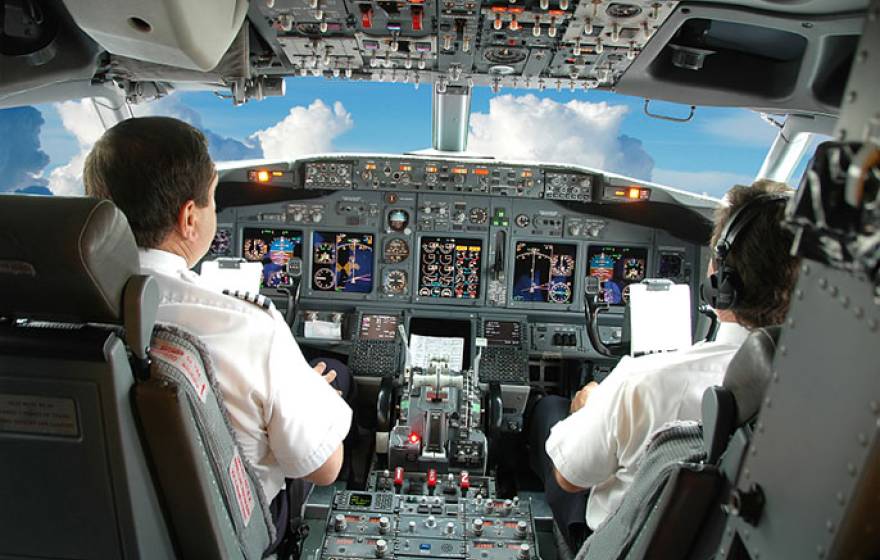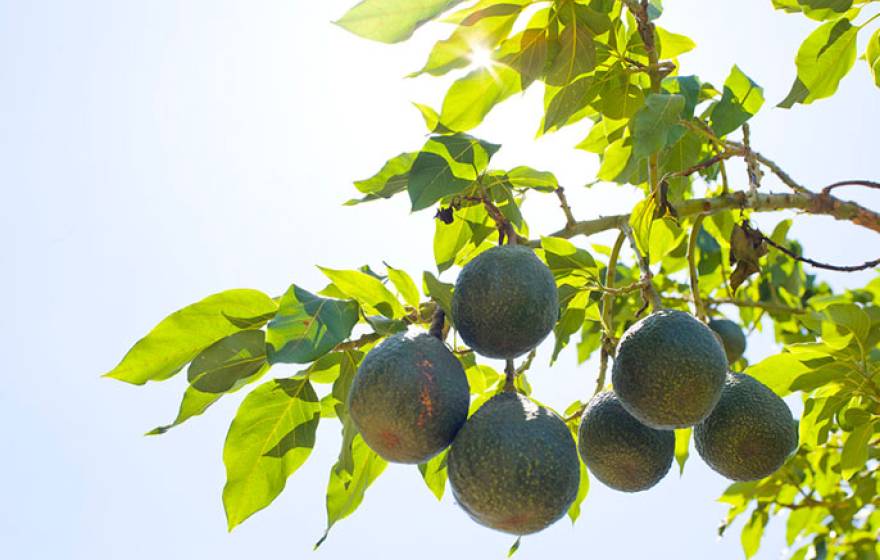Course on ecology and conservation takes students from across UC out in the natural landscape.
A classroom without walls
‘Black’-sounding name conjures a larger, more dangerous person
People envision an unknown ‘black’-named character in similar ways to an unknown ‘white’-named male convicted of assault.
Predictive policing test substantially reduces crime
Results of months-long project in Los Angeles suggest method could succeed in cities worldwide.
UC San Diego ranks first in U.S. in environmental science
Nature's rankings are based on the collective contributions of the university's faculty in major scientific journals.
Leading thinkers address polar region changes
Global climate change’s impact on the poles will be focus of an upcoming meeting hosted by Scripps Institution of Oceanography and the American Polar Society.
High tech health gives hope to sick and injured
San Diego County has become a hotbed of medical innovation, led by UC San Diego and other institutions.
DOE selects UC to lead U.S.-China energy and water consortium
Berkeley, Irvine, Berkeley Lab, Davis, Merced and UCLA join forces in multi-million dollar effort to tackle water-related aspects of energy production and use.
Mission impossible?
Humans just aren't cut out for tedious jobs like monitoring a computer screen — even if the consequences of failure are dire.
New research institute will explore brain’s extraordinary changeability
Initiative is part of $100M commitment to neuroscience by the Kavli Foundation.
3-D printing could help save avocado and landscape trees
Technology has greatly accelerated research on an ambrosia beetle that is damaging trees in Southern California.
Uncovering the secrets of the adolescent brain
Big data study will explore the developing minds and brains of 10,000 children.
Making batteries with portobello mushrooms
Can mushrooms stop cell phone batteries from degrading over time? Engineering researchers at UC Riverside think so.











